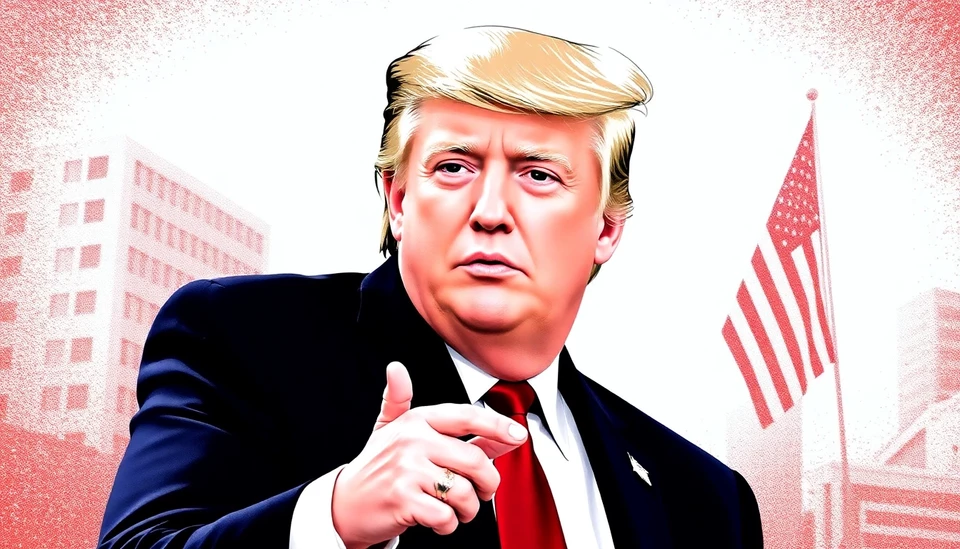
In a recent statement that has captured the attention of economic analysts and political observers, an economic adviser to former President Donald Trump has dismissed concerns regarding the immediate painful consequences of increasing tariffs. This declaration comes amidst ongoing debates about the economic repercussions of trade policies and their broader implications for American consumers and businesses.
The adviser emphasized that the long-term benefits of imposing higher tariffs would outweigh any temporary disruptions in the economy. Such assertions are particularly poignant as the nation grapples with fluctuating inflation rates and a complicated geopolitical landscape.
While critics argue that heightened tariffs could lead to increased prices for consumers, potentially harming low- and middle-income families, the adviser maintained that the ultimate goal of these trade policies is to foster a more robust domestic economy. By ensuring that American-made products are more competitively priced compared to foreign imports, the administration aims to bolster the manufacturing sector and create new jobs.
Furthermore, the economic adviser pointed to historical examples where tariffs, despite short-term pain, ultimately led to economic rejuvenation. This strategy, they argue, is part of a broader effort to reduce dependency on foreign goods and encourage consumer spending on homegrown products, thereby invigorating local economies.
The administration is also facing calls for reassurances that these tariff hikes will not lead to trade wars with key economic partners, which could derail progress and spark uncertainty in global markets. In response, the adviser has noted that dialogue with trading partners remains a priority, asserting that the U.S. will pursue negotiations while remaining firm on its stance regarding fair trade practices.
This pivotal discussion on tariffs reflects a broader ideological divide in economic policy, where proponents of protectionism argue against the global free trade system that has dominated the past few decades. The adviser’s comments seem poised to reignite debates about the best path forward for the country's economic strategy as it looks to navigate both domestic and international challenges.
As these developments unfold, stakeholders across the economic spectrum, including businesses, consumers, and policymakers, will undoubtedly be watching closely. The implications of these tariff policies could influence upcoming trade negotiations and impact the economic landscape for years to come.
In conclusion, as Trump's administration continues to advocate for increased tariffs, it remains to be seen how these policies will ultimately reshape the relationship between the U.S. economy and the global marketplace.
#Trump #Tariffs #Economy #TradePolicy #EconomicAdviser #Inflation #Manufacturing #DomesticEconomy #TradeWars
Author: Rachel Greene




